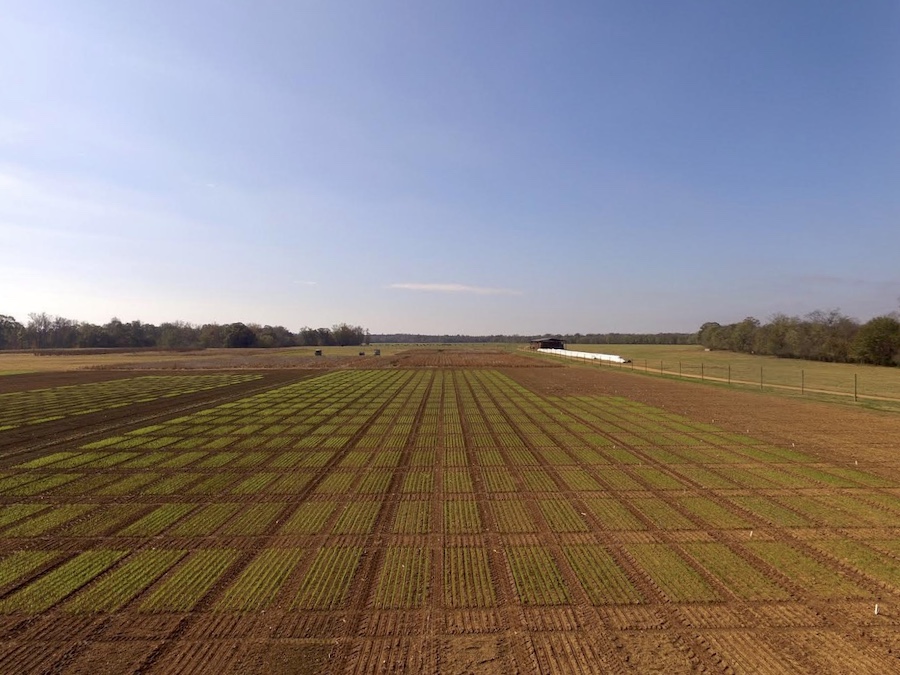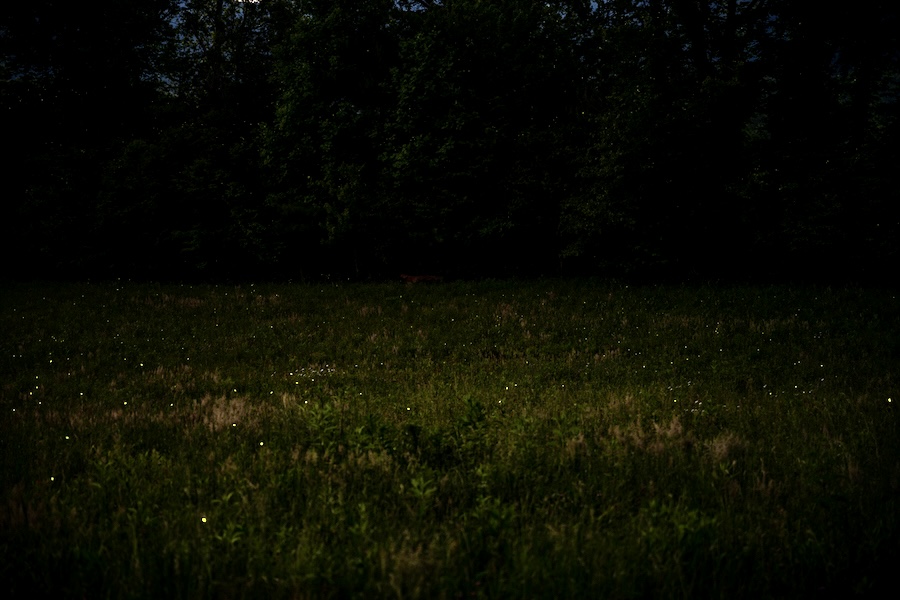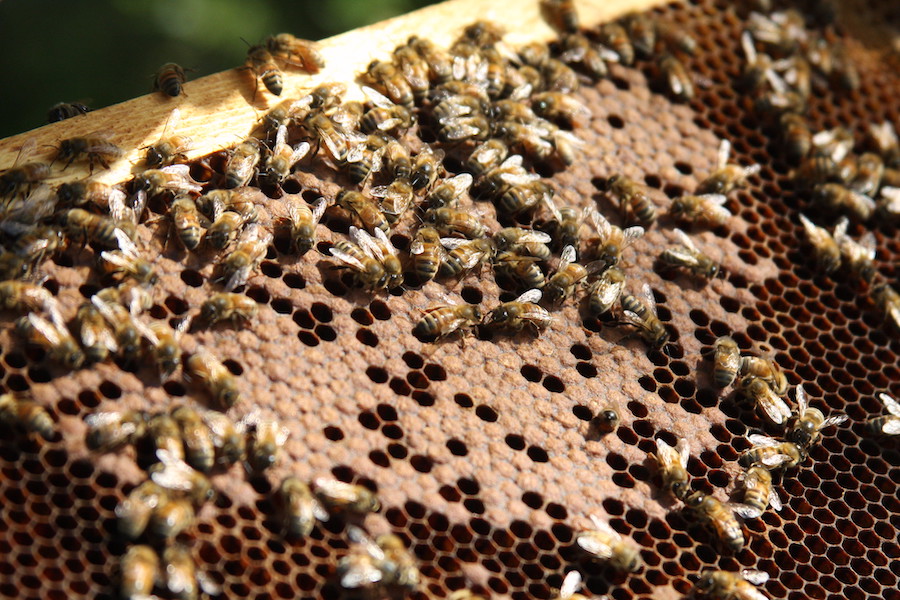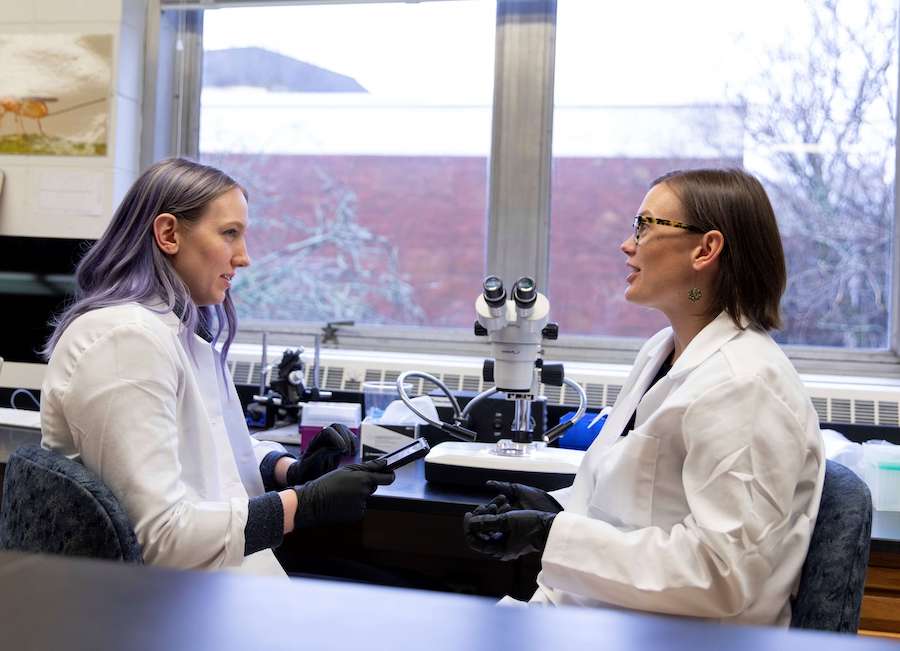 CAES News
CAES News
MyIPM Row Crops
New insect wreaking havoc in your cotton field? Troublesome disease in your peanut stand you don’t recognize? No idea where to start? There’s an app for that.

.jpg)


.jpg)
